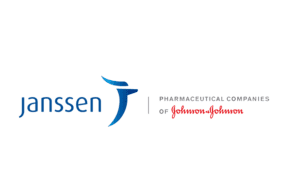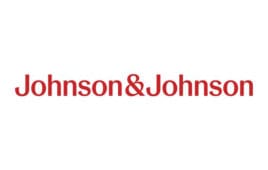 Johnson & Johnson subsidiary Janssen (NYSE:JNJ) has revealed positive results from the proof-of-concept Phase 2 UNITY clinical trial of nipocalimab for pregnant adults with a high risk of developing severe hemolytic disease of the fetus and newborn (HDFN).
Johnson & Johnson subsidiary Janssen (NYSE:JNJ) has revealed positive results from the proof-of-concept Phase 2 UNITY clinical trial of nipocalimab for pregnant adults with a high risk of developing severe hemolytic disease of the fetus and newborn (HDFN).
HDFN is a rare condition affecting between 3 and 80 out of 100,000 newborns or fetuses each year. The serious autoimmune disease can lead to life-threatening anemia in the fetus.
The UNITY trial met its primary endpoint with most pregnant patients who received nipocalimab giving birth to a live baby at or after 32 weeks of gestation, without the need for intrauterine transfusions.
The treatment was administered as weekly intravenous infusions to 14 participants and was well-tolerated over a 20-week period.
FDA granted nipocalimab Fast Track designation in July 2019 and orphan drug status in June 2020.
Janssen acquired nipocalimab as part of its $6.5 billion acquisition of Momenta Pharmaceuticals in 2020.
At that time, J&J noted that it anticipated that nipocalimab would likely gain approval to treat a variety of diseases, some of which could lead to peak annual sales surpassing $1 billion.
The monoclonal antibody binds to the recycling protein, Fc receptor (FcRn), which normally safeguards immunoglobulin G (IgG) antibodies in the bloodstream and extends their lifespan., Nipocalimab, however, prevents FcRn from recycling these antibodies, resulting in the uptake and degradation of the IgG in the bloodstream.
The company refers to the drug as a “pipeline in a pathway.” Janseen is studying it for more than ten diseases, including rheumatoid arthritis,lupus and rare diseases such as myasthenia gravis.
Janssen plans to present the full Phase 2 findings of the UNITY study at an upcoming medical conference. The company is also planning a Phase 3 trial of nipocalimab in HDFN.
The company notes that there are no currently approved therapies for HDFN
JNJ shares fell 0.72% to $163.36 today.
Filed Under: Obstetrics & gynecology



